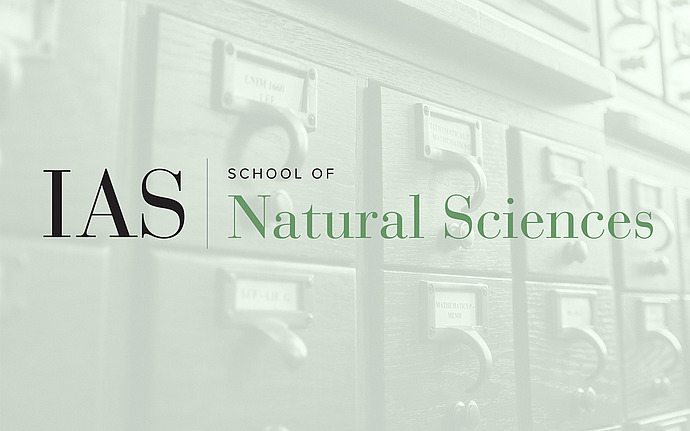
Institute for Advanced Study / Princeton University Joint Astrophysics Colloquium
Magnetism in planet-forming disks and the solar nebula
Magnetism has been in the forefront in our understandings of protoplanetary disks (PPD) and planet formation. With the prevalence of disk substructures, a major observational revolution over the past few years, PPDs are now considered as “planet-forming” disks, calling for new perspectives on disk magnetism. I will start by reviewing the central role of magnetic field in driving disk dynamics and evolution. By focusing on the most observable disk outer regions, I will show that magnetism in outer disk conditions leads to weak turbulence and stochastic magnetic flux concentration into axisymmetric flux sheets. This phenomenon naturally leads to the formation of ring-like substructures, promotes planetesimal formation in turbulent dust rings, and strongly affects planet-disk interaction. While direct observational evidence of disk magnetism is lacking, magnetic fields of the ancient solar nebula can retrieved by means of meteorite paleomagnetism. Results generally support the analogy between the solar nebula and other PPDs, with magnetic fields driving nebula evolution, but also start to reveal some anomalies as samples from more meteorite groups are studied.